The Letters of Josephine Louise Newcomb
Josephine Louise Newcomb (1816-1901), whose life spanned nearly the entire nineteenth century, was pivotal to the history of Tulane University and to the education of thousands of women in New Orleans and throughout the South and the nation. Although there have been many accounts of her life since she made that first critical donation establishing Newcomb College in 1886, no one has ever consulted extensively, or often even correctly, her own words—her written voice—in the extensive correspondence that is still extant. This website is created to do just that: to provide direct access to more than 130 of her letters (many of them transcribed here for the first time) and indirect access to 350 more, thus encouraging others to interpret her life and contributions more fully and with greater fidelity to her own vision.
Susan Tucker and Beth Willinger, editors
Context of Her Life and Context of This Project
In her 1886 donation towards the founding of the H. Sophie Newcomb Memorial College, Josephine Louise Newcomb (JLN) sought to provide an education for white girls and women that looked “to the practical side of life as well as to literary excellence.” This practical side of life can be seen in her letters, as well. She wrote about the College, more than she visited it, finding herself not willing, or emotionally able, to establish a home until late in life. In some sense, the letters were her way of making a home, and they certainly aided others in carrying out her goals for the College.
The Memorial To Daughter Sophie
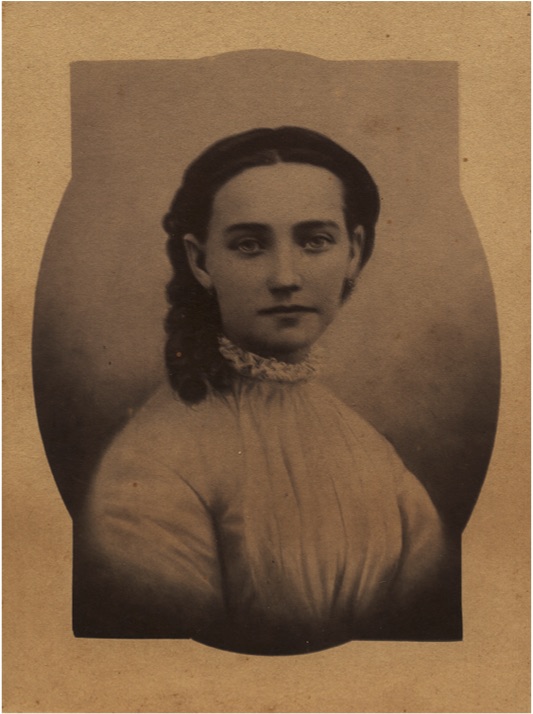
Harriott Sophie Newcomb (1855-1870) was born in New York City. She would live there for most of her life, but she also spent almost two years in Europe and a year in Baltimore, as well as summers in resort towns in New York, and possibly Virginia.
For more on her life, see the next column and also here.
The Idea of Remembering
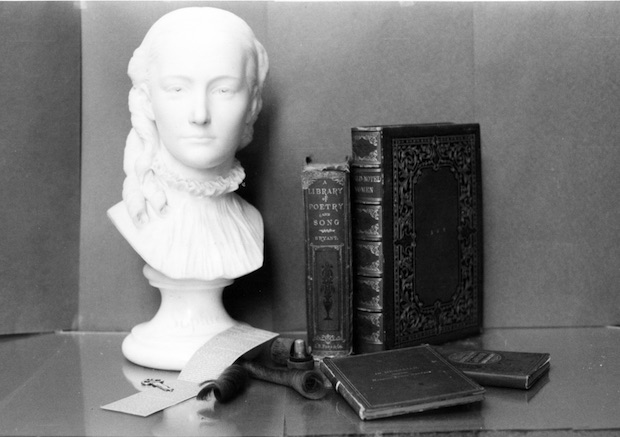
Sophie died at age 15 of diphtheria, and her mother, JLN, searched many years for a memorial. She finally fixed on the vision of a school for girls. Sophie had been a bright student, ready to speak French when called to do so, earning good marks at two years of seminary schooling, and gaining the respect of private tutors. JLN wrote proudly of Sophie’s achievements and at her death worked with others to compile a memorial booklet of Sophie’s school work, writing, and letters. Other items that once belonged to Sophie would also be given to the College created in her name.
The College
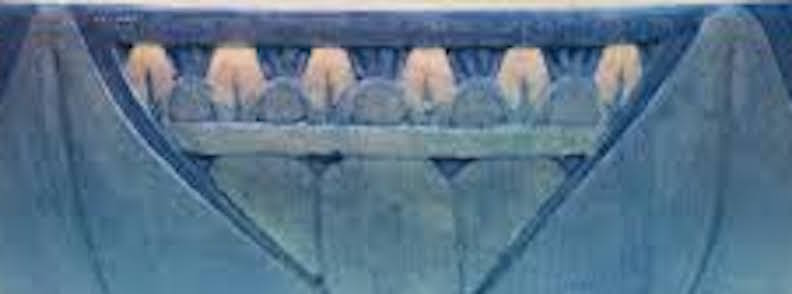
The H. Sophie Newcomb Memorial College opened its doors in 1887 to white girls and women, as the first degree-granting coordinate college for women in the United States. The rich history and reputation of the College began largely through its pottery program. Academic disciplines also had many successful graduates and the College emerged as a leader in women’s education in the American South. Although JLN died in 1901, she saw the school as the home of a number of accomplished women who carried forward the memory of Sophie who, by death, was prevented from the journey between girlhood and womanhood.
For a few more images of the College, see here.
For a timeline of the College’s history, see here.
For a bibliography, see here.

The Existence of JLN’s Letters Today

A Family Feud
Shortly after the 1870 death of Sophie, JLN became convinced that her sister, Eleanor (or Ellen, as she was often called) Henderson, and her sister’s children could not be trusted. She never spoke to them again. When she died in 1901, she was proven correct about their interest in her money and their efforts to declare her insane. They filed suit against her estate charging that she was a resident of the city of New York, not New Orleans; that she was not of sound mind; and that she was subject to undue influence by the Administrators of the Tulane Educational Fund.
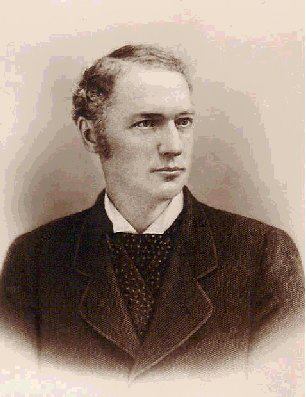
James McConnell, in Defense of JLN’s Estate
As vice-president and attorney for the Administrators of the Tulane Educational Fund, James McConnell was very interested in defending the last will and testament of Josephine Louise Newcomb. He gave up his work for the University in order to serve as counsel to the New York firm hired by her estate. They worked to ensure that her sizable estate would be used as she instructed: for the “present and future development” of the H. Sophie Newcomb Memorial College. The successful defense of her will took him before three courts in New York state and more than eight years to settle.
See also his biography.
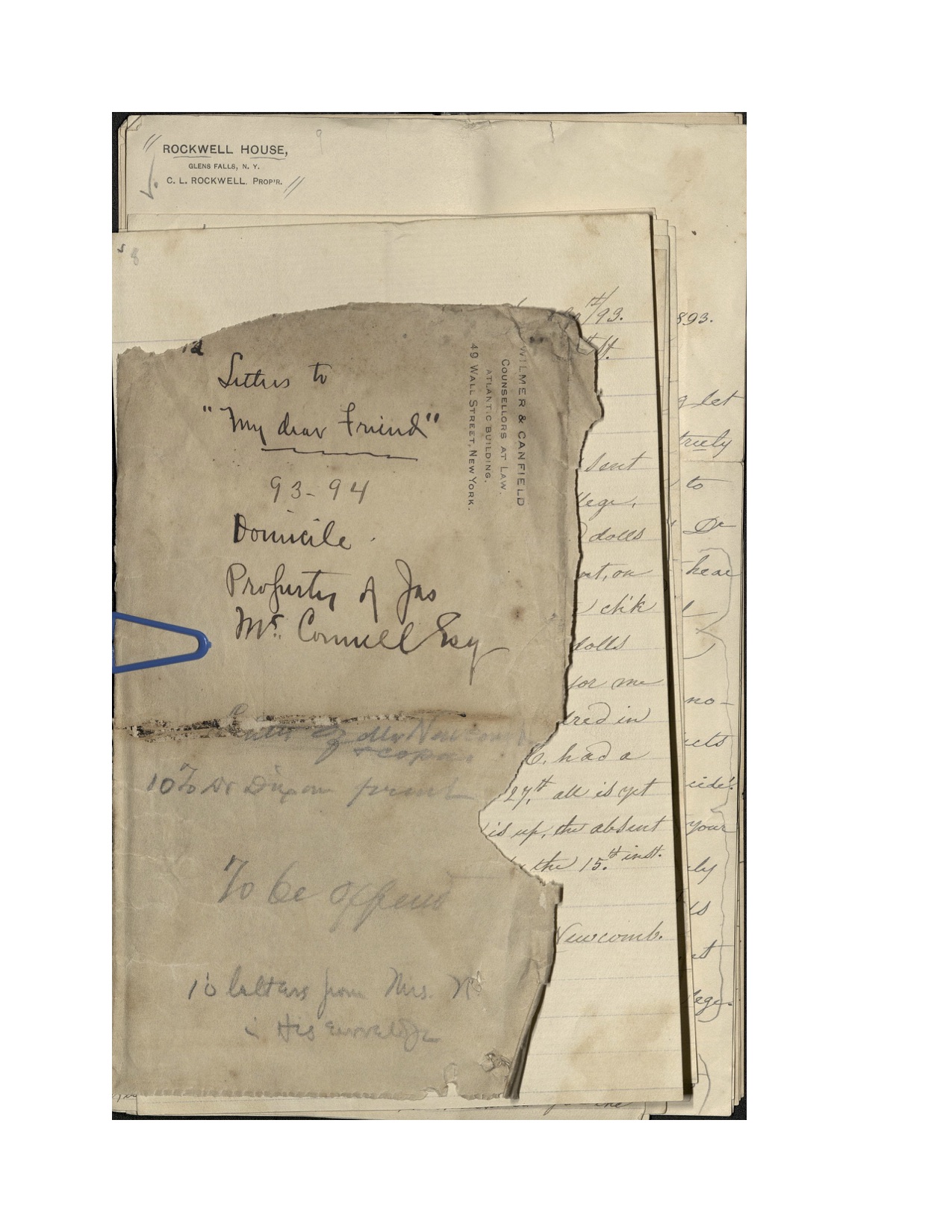
Letters Found
Seeking evidence in defense of JLN’s will, McConnell contacted JLN’s friends and relatives requesting they send him any letters she had written. McConnell himself, or an assistant, read through the letters selecting those for the court case that pertained to the charges brought by the plaintiffs. The letters in the McConnell family papers collection available on this website were not used as evidence in the trial. The existence of these letters has been largely unknown and are transcribed here for the first time.
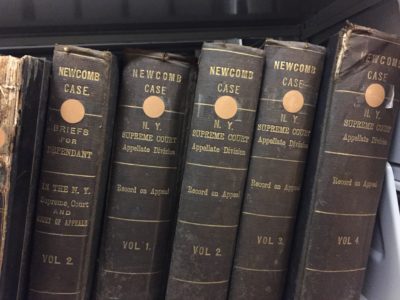
The Court Case Letters
Some 350 letters written by JLN, solicited by McConnell and the Henderson family, were included in the court case decided in 1908. These letters are reprinted in bound volumes held by Tulane University Law Library and the State Library of New York. Scholars have cited a few key letters from these volumes, but there are many more that have been overlooked. The original copies of these letters are lost.
See here for a brief discussion of the court case letters and here for the printed listing of the letters used in the court case.
